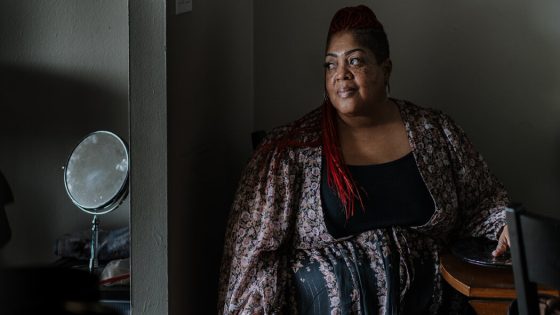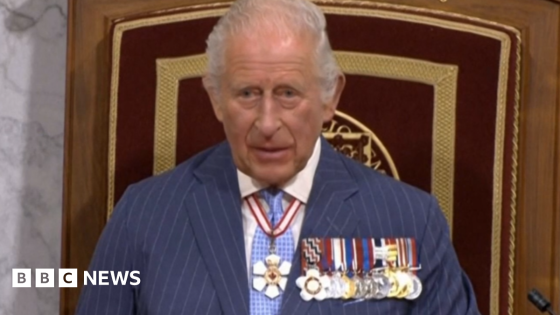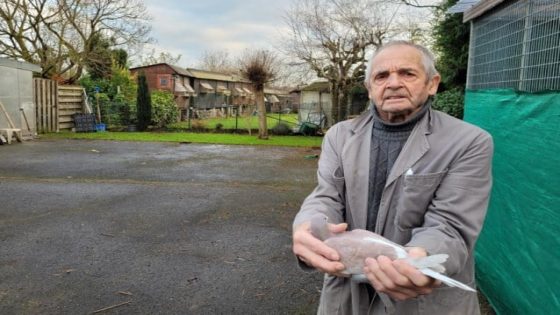Crime-free housing laws in Illinois are sparking controversy as recent evictions highlight their broad application. Three women, including Catherine Lang, faced eviction for offenses ranging from alleged drunk driving to excessive 911 calls. These incidents raise questions about the fairness of these laws, especially when the police and landlords wield such power.
- Catherine Lang evicted after DUI charge.
- Dalarie Hardimon's van involved in police chase.
- Catherine Garcia evicted for excessive 911 calls.
- Crime-free housing laws empower evictions.
- Laws intended for serious criminals misused.
- Minor infractions lead to family evictions.
On May 13, 2025, a report revealed that many Illinois cities are using these laws to evict tenants for minor infractions, undermining the original intent to target serious criminals. The laws were designed to enhance community safety but have become a tool for removing families from their homes.
This situation begs the question: Are crime-free housing laws truly serving their purpose? The experiences of these women suggest a troubling trend where minor infractions lead to severe consequences. Key points include:
- Evictions for minor offenses can disrupt families and communities.
- Law enforcement’s role in housing decisions raises ethical concerns.
- Many tenants are unaware of their rights under these laws.
As communities grapple with these issues, it’s crucial to advocate for fair housing policies that protect families while addressing crime effectively. How can we ensure that laws designed for safety don’t inadvertently harm innocent residents?

































